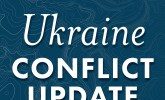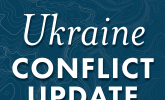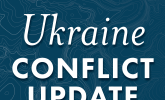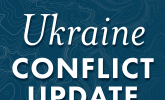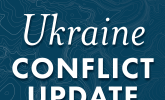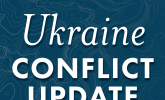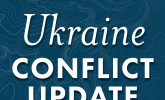Ukraine Conflict Update 2
February 19, 2022 - ISW Press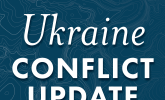
Russia will likely attack Ukraine before February 21, 2022. The Kremlin has deployed sufficient military forces and set informational conditions to conduct offensive operations including limited incursions into unoccupied Ukraine, a comprehensive air and missile campaign, and large-scale mechanized drives on Kyiv and other major Ukrainian cities. Russian and Belarusian forces carried out the final day of active tactical exercises as part of the Joint Russian-Belarusian “Union Resolve 2022” exercise. Russian President Vladimir Putin and Belarusian President Alexander Lukashenko oversaw Russia’s “GROM” nuclear triad exercises, currently being held earlier in the year than previous annual iterations—likely to deter any significant NATO response to possible Russian aggression against Ukraine.




